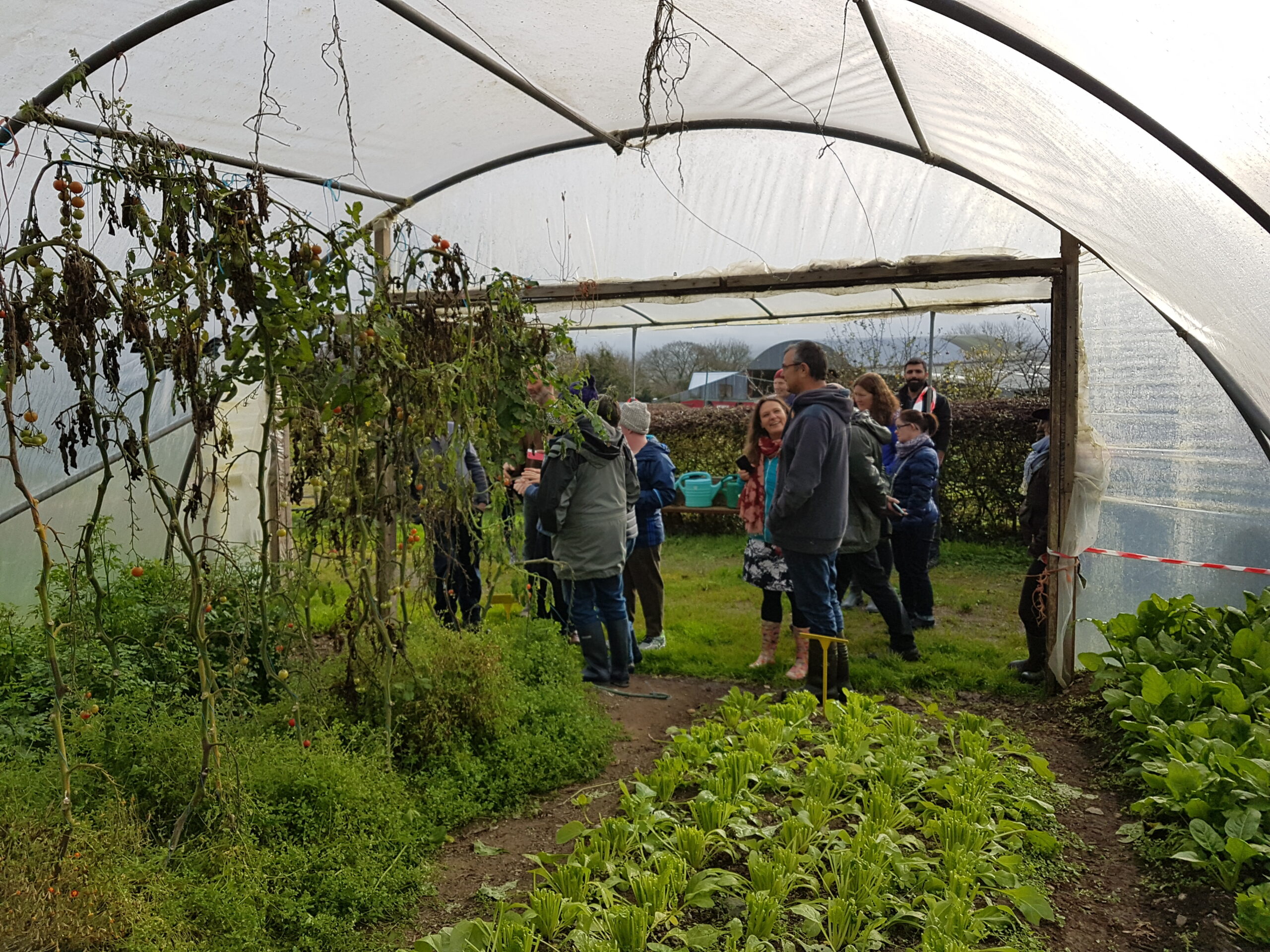A Social Farming open day which is to be held on the farm and home of Patrick and Corina Corrigan in Carrickmacross, Co. Monaghan, on Monday next, January 21, will highlight the benefits of the initiative to participants, host farmers and the wider society.
There will be an opportunity to take a walk around the farm and meet and chat with social farmers, participants and the team from Social Farming Ireland about the programme’s benefits.
Social Farming is essentially about giving people with a variety of needs the opportunity to spend time on ordinary Irish working farms and is proving to be just the right choice for some of the people with whom SICAP work, especially those with multiple or more complex needs.
Social Farming Ireland Policy Officer Dr. Aisling Moroney will share findings of her recent research on the benefits and positive outcomes for SICAP clients which are already being delivered in a number of areas throughout the country.
Holistic Approach
Speaking in advance of the open day, she said: “Social farming takes a really holistic approach and addresses many dimensions of the development and well-being of the people who take part but it does so in a very ordinary, natural way and in people’s own communities.
“This more holistic approach is increasingly being recognised as that which is likely to be most effective in delivering the best long-term outcomes for SICAP clients.
“Social farming helps build people’s occupational and life skills and in the case of SICAP clients, can set them on a more positive journey towards educational or employment opportunities.
Social farming is particularly effective as a kind of a bridge for people for whom mainstream supports, training, work and other schemes currently on offer may be more challenging or for which they are not yet ready.
Aisling shared the story of one SICAP client who had no formal education, was quite socially isolated and was very reluctant to engage in any of the training or supported employment opportunities available locally.
However, the client had a great interest in horses and agreed to try a 10-week Social Farming placement to learn more.
Working with Animals
The placement provided a really positive experience of working alongside other people, of everyday learning and of working with animals, to the extent that they went on to take part in a two-year horsemanship course through the National Learning Network.
The SICAP support worker in this case said that this participant would never have committed to and persisted with such a course prior to their positive experience of Social Farming.
Continuing, Aisling said: “Participants in Social Farming are learning all the time, but in a really relaxed way and in a small group so the farmer is able to really support each individual to get the most out of the experience.
“It builds confidence and self-belief as people learn about their own value and the skills they have to offer. It’s also really effective in getting people into a regular work-type routing and setting and gives a reason to get up and out in the morning.
“This research and other research undertaken by Social Farming Ireland has consistently shown that there are great benefits for the farmers too.
There is personal satisfaction from having made a difference in participants’ lives; a sense of enjoyment and fun from having participants and others spend time on the farm; a reduction in the sense of isolation which can be common in modern farming; and a new source of income.
Social Farming continues to develop across Ireland, with at least one trained social farmer in every county, except Longford. With significant interest emerging from health and social care services in all areas, Social Farming Ireland would particularly like to hear from interested farmers in Monaghan, Meath, Louth, Dublin and Longford.
All types of farms are involved in Social Farming, ranging from 1ac to over 600ac, with a vast range of activities being offered on these farms nationwide. All are welcome to attend the open farm day and chat to the team and/or the farmer to find out more about what’s involved.
Those interested in attending the open day can email: [email protected] for details; or contact Maryanne at: 071-9641772; or Andrew at: 086-1448796.

